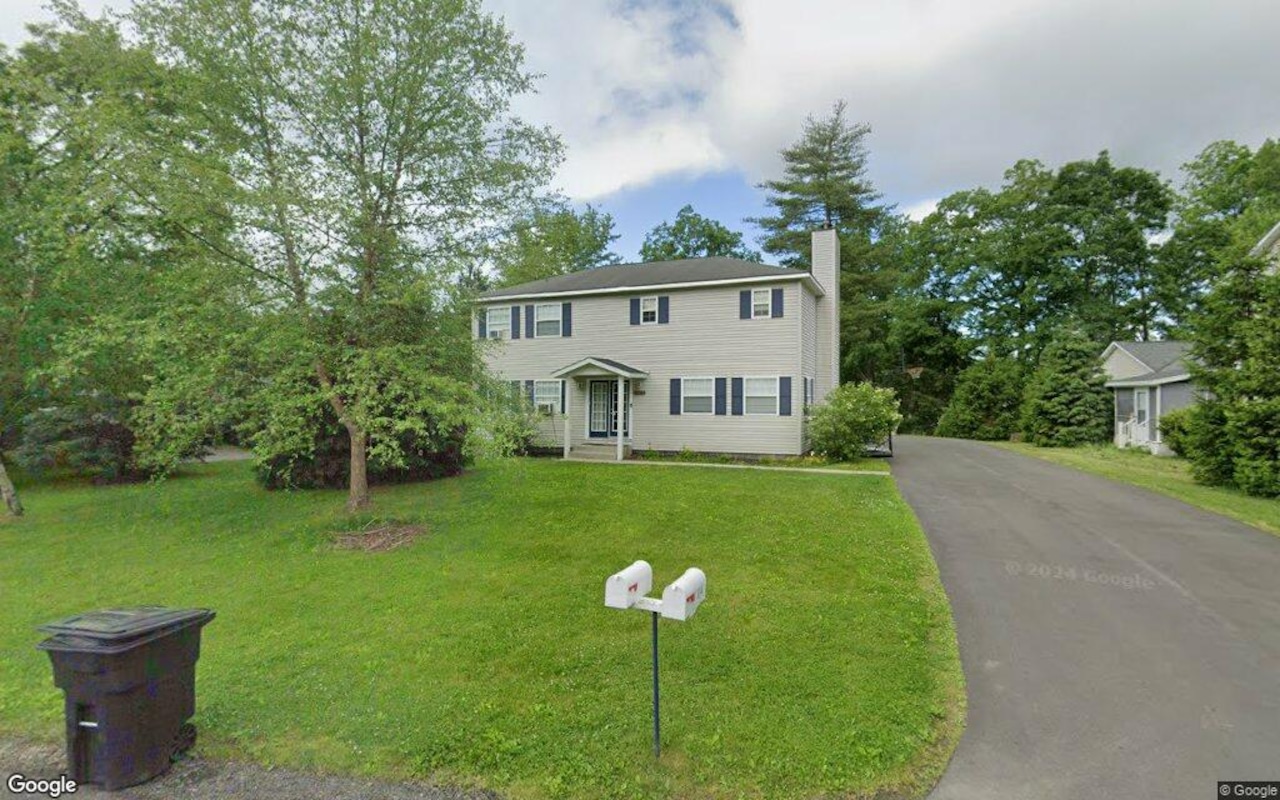8
0 Washington Place, a six‑story townhouse in Greenwich Village just steps from Washington Square Park, has been a focal point for a sprawling illegal poker ring that began in at least 2019. Federal prosecutors say the house was one of two Manhattan venues where a coalition of organized‑crime families and former NBA stars ran high‑stakes, rigged games that swindled players out of millions. The scheme relied on concealed shufflers, X‑ray tables and other cheating devices to ensure the house always won.
The indictment, filed by the U.S. Attorney’s Office for the Eastern District of New York, names more than 30 individuals, none of whom are linked to the house’s former renter, Travis Scott. Scott, who rented the townhouse in 2021, and his former partner Kylie Jenner are not mentioned in the charges and appear to have had no knowledge of the operation. The house’s rental history is notable: it was on the market for over a decade, listed for five‑figure monthly rents (including an $80,000 ask in 2013) and was eventually sold in 2024 for roughly $17–20 million to an anonymous shell company registered in Armenia.
In 2023, a local resident reported seeing scantily clad women enter the townhouse for photo shoots, followed by private cars parked outside. That same year, rival mobsters staged a violent confrontation at the property after hosting a competing game on the same night as the Lexington Avenue operation. The clash ended in a brawl, with armed men reportedly storming the townhouse to halt the rival game.
The house’s past extends beyond crime. In the early 20th century, famed composer John Philip Sousa called the townhouse home, a place that once inspired his iconic marches such as “The Stars and Stripes Forever.” The building’s storied past contrasts sharply with its recent use as a gambling den.
The federal indictment also highlights how the criminals lured high‑rollers by enlisting former NBA stars as “ambassadors,” promising lucrative payouts that never materialized. The rigged games were conducted in secrecy, with the house’s owners and associates using the townhouse’s discreet layout to conceal their illicit activities.
In summary, 80 Washington Place has transitioned from a historic composer’s residence to a modern crime hub, then to a shell‑company asset, all while serving as a key node in a sophisticated poker scam that exploited technology, celebrity allure, and organized‑crime muscle. The federal case underscores the extent of the operation and the house’s central role in a scheme that defrauded players of millions of dollars.















